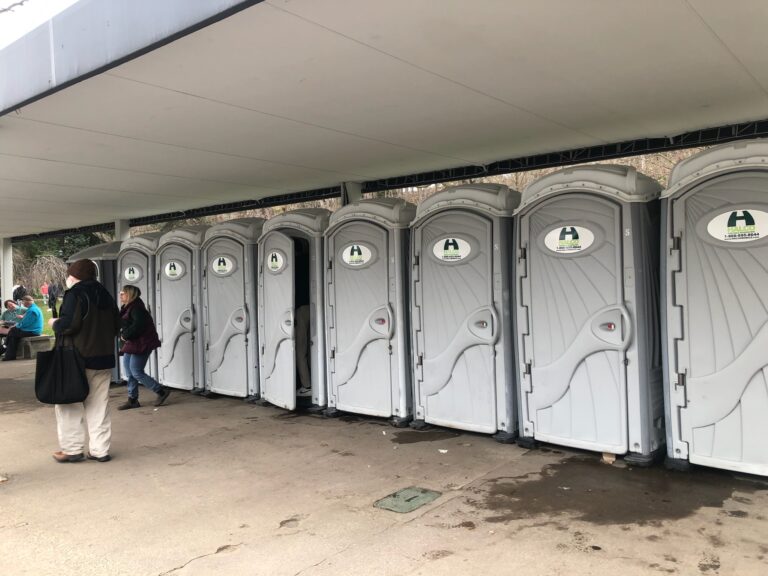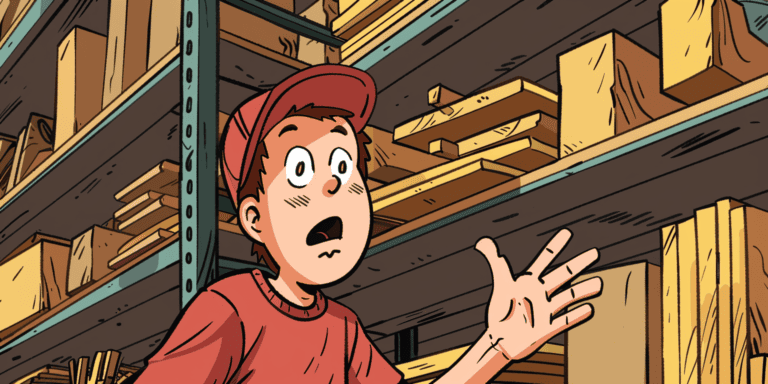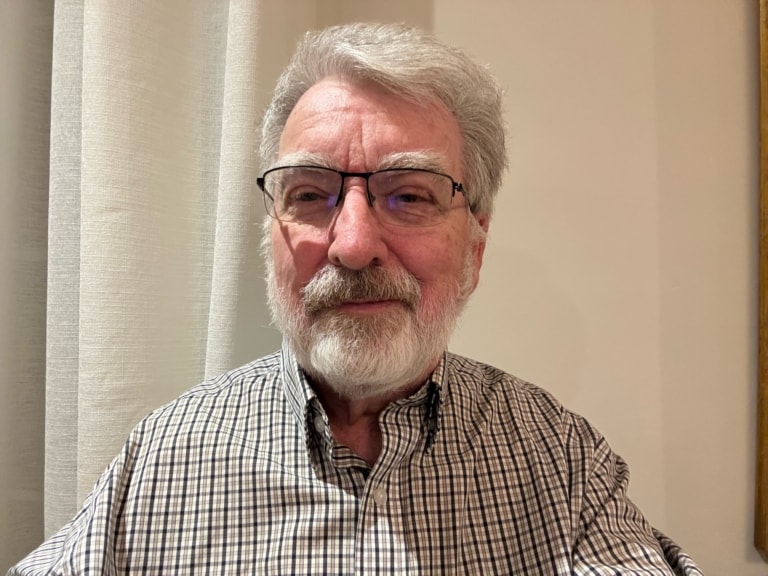Dear editor:
I am writing in response to your article “Indigenous soldiers honoured in Queenston,” (Nov. 21).
While I am sincerely happy as a resident of Niagara-on-the-Lake to see a commitment to sharing local Indigenous stories and ensuring that the many stories surrounding the contributions of Indigenous Canadians to the settler state are thrust into the spotlight, I found some of the language used in the article incredibly troublesome.
Most notably, the repeated use of the word “native’’ was problematic.
For some people, that word only refers to First Nations Peoples, while for others it is an implicitly catch-all term, more informal than Aboriginal (which should only be used in a legal context, due to its use in the Constitution Act of 1982, wherein terms such as Indian, Inuit, or Métis were not officially defined) or Indigenous.
While the term Indigenous is also very broad, it is the term currently accepted by a majority of Indigenous Peoples in Canada for referring to First Nations, Inuit and Métis peoples together.
It is important to emphasize, however, that specificity is best wherever possible/if known to avoid homogenizing the rich and diverse cultures of many Indigenous groups.
By many academics, native is cited as an internal term due to the historically pejorative connotations that it may have. For instance, native has been associated with offensive colloquialisms such as “going native’’ which perpetuates the idea of hegemonic, hierarchical power relations between the settler state and Indigenous Peoples through its original historical context.
While I recognize the term native was used once in the article by someone who self-identifies as “native,” the repeated usage outside of quotation by the author was inappropriate.
Additionally, at the very beginning of the article the word warrior was used. Perhaps the word soldier or peoples may have been more appropriate here – the portrayal of Indigenous Peoples as “savages’’ or “warriors” is a common, untrue and harmful stereotype established by the settler state in Canada to exercise sovereignty.
As well, it intrinsically upholds a highly colonial notion of the superiority of Western thought over Indigenous ways of knowing, and thus the settler state in and of itself. Would British soldiers in the War of 1812 be likely referred to as warriors?
I am a strong believer that words are powerful and have the ability to perpetuate our privileges and the structures that uphold them. Language, even implicitly, shapes power structures and relations.
While likely an innocent oversight on the part of the author, I feel that honest conversations and education are an integral part of Indigenous-settler reconciliation/restitution.
Some excellent educational reads that I have quite enjoyed include “Indigenous Writes: A guide to First Nations, Métis, & Inuit issues in Canada” by Chelsea Vowell, an article by Tuck & Yang entitled “Decolonization is not a metaphor,” and with regards to Indigenous women and Canadian settler sovereignty, “The State is a Man: Theresa Spence, Loretta Saunders, and the Gender of Settler Sovereignty” by Audra Simpson.
All of these readings are, in my opinion, essential for all Canadians, and have truly helped myself personally to become better educated and self-reflect as to how I can attempt to be an ally to Indigenous Peoples in Canada.
As a member of the settler state who benefits from the ongoing, violent, genocidal dispossession of Indigenous lands in Canada, ensuring the language I use and that I see being used aligns with values of respect and mutuality, continuously educating myself, and aiding others in becoming more knowledgeable about the history of the peoples whose land they live on is something that I feel is of serious imperative and underlies the basis of reconciliation/restitution.
Asking who’s land one lives on, what do/did they call themselves, what was done to them, how do we benefit from that, and what are they doing now is a really great start. If you can’t answer these questions (which is incredibly common!), ask yourself why, and then search for the answers.
Once again, I am grateful to see Indigenous topics in Niagara being covered by a local news outlet, and hope this continues into the future.
Indigenous issues in Canada are highly complex and it is no singular individual’s fault for the oversight; it is by the very structure of Canada as an exploitative nation built upon genocide that oversights like this occur.
It is my hope that continued coverage of Indigenous stories serve to dismantle stereotypes, promote the agency present in Indigenous communities, and begin to undo structures that uphold the violent nature of the settler state.
Sincerely,
Annelise Perron
NOTL










